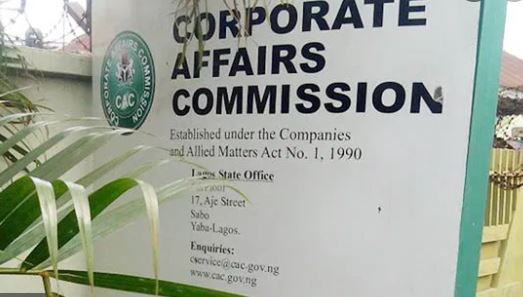Britain Faces Growing Pressure to Address Reparations for Transatlantic Slave Trade
As the Commonwealth heads of government meeting approaches, Britain is under increasing pressure to address the issue of reparations for the transatlantic slave trade and other atrocities. The former colonial power and many of its former colonies are set to gather in Samoa next month, with the organization poised to choose a new secretary-general.
The Commonwealth, which emerged from the ashes of Britain’s empire after World War II, has 56 members, the vast majority of which are former British colonies. The organization is set to choose a new secretary-general at its heads of government meeting October 21-25 in Samoa, as the term of incumbent Patricia Scotland comes to an end.
All three candidates vying for the job, Shirley Botchwey from Ghana, Joshua Setipa from Lesotho, and Mamadou Tangara from Gambia, have voiced strong support for reparations. Botchwey, a Ghanaian Foreign Minister, said reparations could take various forms, including financial reparations and reparations in kind. Setipa, a former trade minister from Lesotho, emphasized the importance of the Commonwealth as a forum to address the issue, while Tangara, Gambia’s foreign minister, stressed the need for member states to champion the cause.
The issue of reparations has been gaining momentum globally, with many calling for Britain to acknowledge its role in the transatlantic slave trade and provide compensation to the descendants of enslaved people. Britain’s then-Prince Charles, now King Charles III, spoke of his deep sorrow over the slave trade at the last Commonwealth summit in Rwanda in 2022.
However, Britain has rejected any form of reparations, with former Prime Minister Rishi Sunak arguing that "trying to unpick our history is not the right way forward." His successor, Keir Starmer, has yet to make his position on reparations clear.
Kingsley Abbott, director of the Institute of Commonwealth Studies at the University of London, believes the issue can no longer be dismissed. "In my view, sitting here in 2024, the fact of transatlantic slavery, the harm it caused, the harm it continues to cause, and the need for this to be addressed in some way meaningfully, can’t really be ignored any longer," he said.
As officials from Britain and many of its former colonies gather in Samoa next month, the pressure will likely grow for Britain to address the issue of reparations. The Commonwealth has a role to play in facilitating dialogue and making reparations a reality, according to Abbott. The global movement for reparations is growing, and it is time for Britain to acknowledge its past and provide meaningful compensation to those affected.


